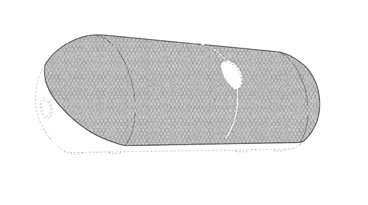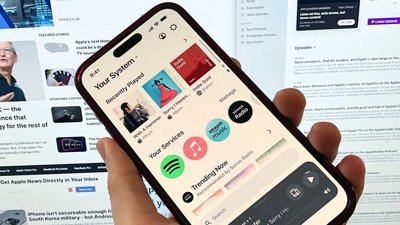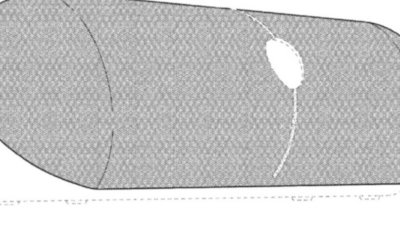Judge orders Steve Jobs to answer questions in iTunes antitrust suit
Bloomberg reports that U.S. Magistrate Judge Howard R. Lloyd in San Jose, Calif., authorized on Monday limited questioning of Jobs by lawyers representing consumers in the complaint. Lawyers will be allowed two hours for questions limited to the sole topic of changes Apple made to iPod software in October 2004 that disrupted RealNetworks' Harmony software, which enabled songs purchased from the company's music store to be transferred onto the iPod.
“The court finds that Jobs has unique, non-repetitive, firsthand knowledge about the issues at the center of the dispute over RealNetworks software,†Lloyd wrote in a court filing.
RealNetworks caused a controversy in July 2004 when it released its Harmony work-around. Responding to the announcement of the software, Apple quickly released a statement accusing the company of adopting "the tactics and ethics of a hacker to break into the iPod" and warning customers that it was "highly likely" that Real's Harmony technology would not work with future versions of the iPod software.
As self-predicted, Apple disabled Harmony in a subsequent update to its iPod software later that year.
RealNetwork admitted to investors in 2005 that the Harmony technology had put the company at risk to a lawsuit from Apple.
However, such a lawsuit failed to materialize, and now the tables have turned as Apple finds itself on the defensive in the proceedings of an antitrust lawsuit from 2005. Thomas Slattery filed a class-action lawsuit in early 2005 alleging that Apple had violated federal antitrust laws and California's unfair competition law by requiring that customers use an iPod to listen to music purchased from the iTunes Music Store.
Though Apple was successful at having a few individual claims dismissed from the suit through a court filing in 2005, an overall motion to dismiss the case was denied by a judge.
According to the report, plaintiffs had originally requested to more broadly question Jobs about "Apple's refusal to license FairPlay technology to other companies or its decision to use the technology on music purchased from iTunes and the iPod." But given that those claims were dismissed in December 2009, Lloyd rejected the requests.
“Plaintiffs remaining claims rely on the allegation that Apple attempted to maintain a monopoly in the audio download and portable music player markets by issuing updates to FairPlay, Apple’s proprietary digital rights management software,†David Kiernan, who represents Apple, wrote in a December court filing, adding that “any deposition of Mr. Jobs would be repetitive, at best.â€
Since the lawsuit was originally filed, Apple has negotiated with music labels for a more open iTunes Music Store. A footnote in a court document notes that, by March 2009, iTunes music tracks are now offered without digital rights management (DRM).
Jobs, who is a survivor of a rare form of pancreatic cancer, is currently on an indefinite medical leave of absence from Apple. After Jobs began his leave in mid-January, speculation arose that his health was in serious decline, with one tabloid publishing alleged photos of an emaciated Jobs at Stanford Cancer Center. Contrary to some rumors, however, Jobs was well enough to take the stage earlier this month for the unveiling of the iPad 2.
 Josh Ong
Josh Ong










 William Gallagher
William Gallagher

 Malcolm Owen
Malcolm Owen
 Mike Wuerthele
Mike Wuerthele











